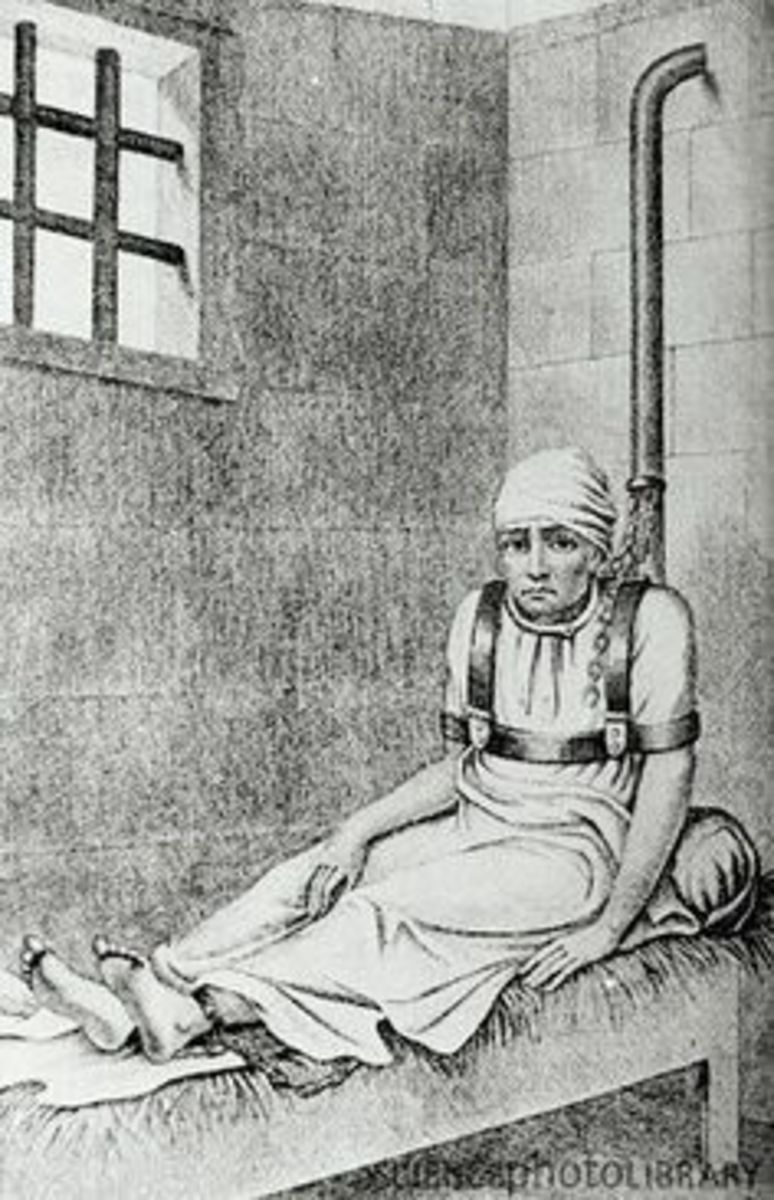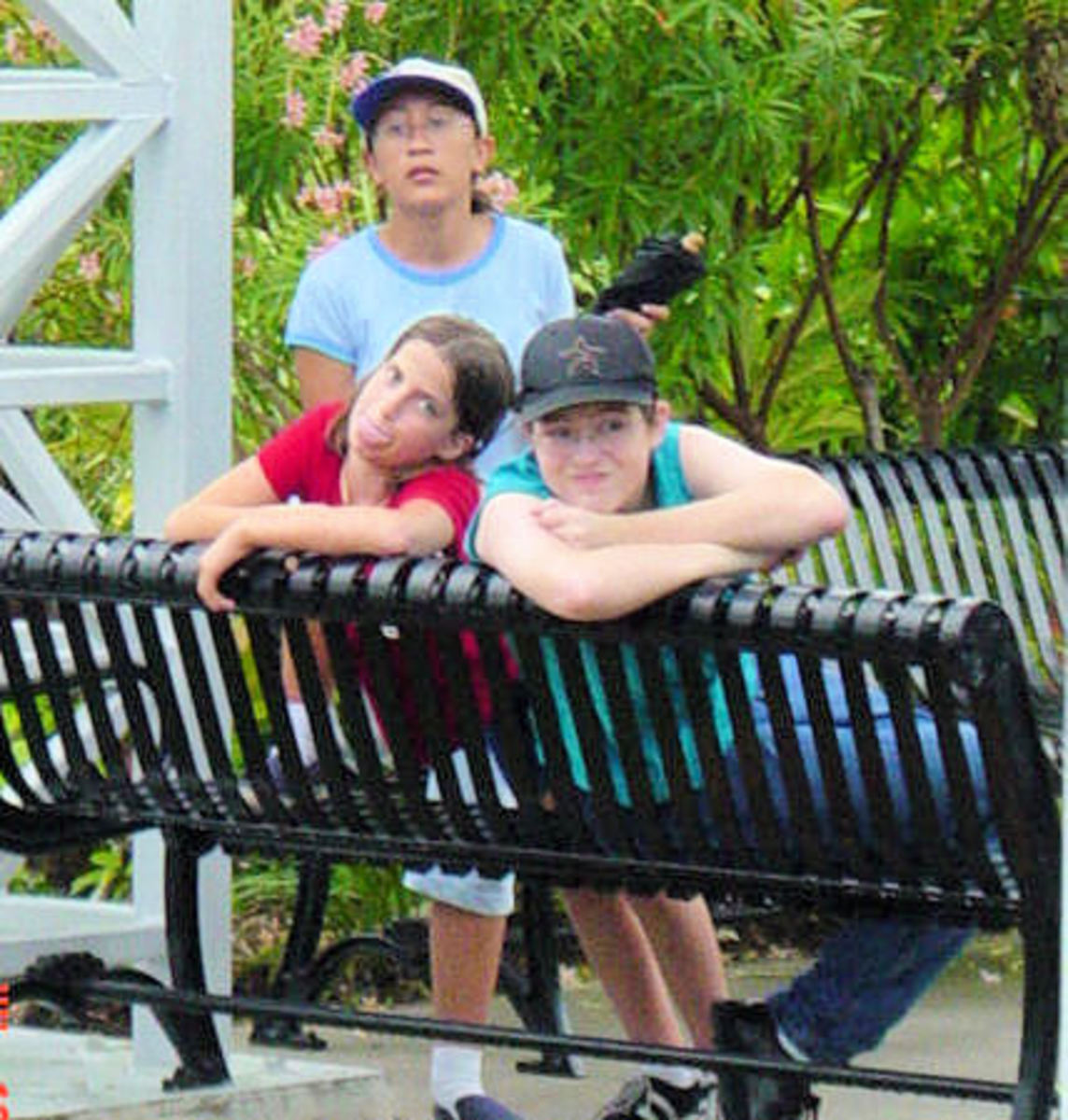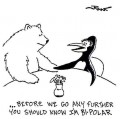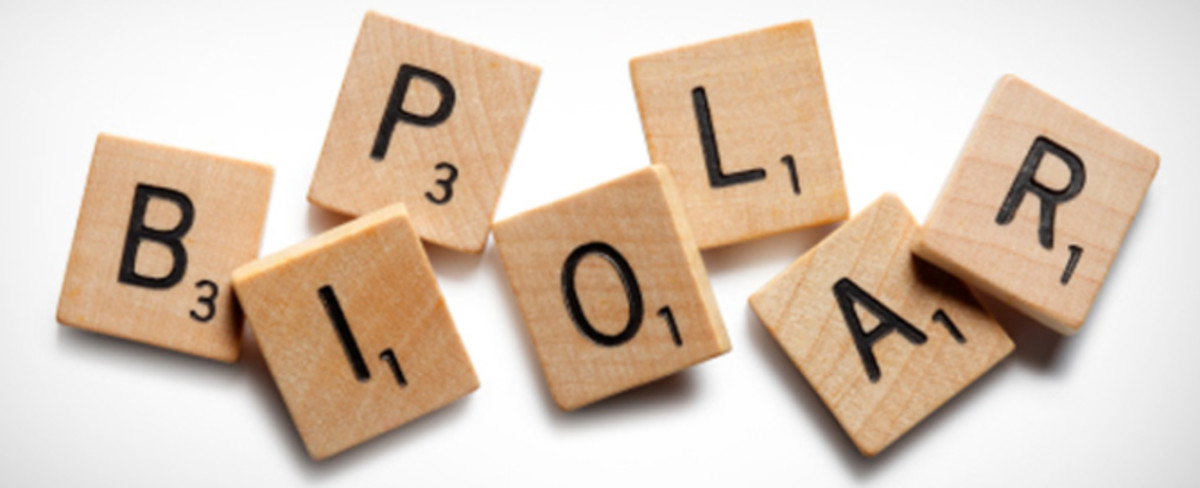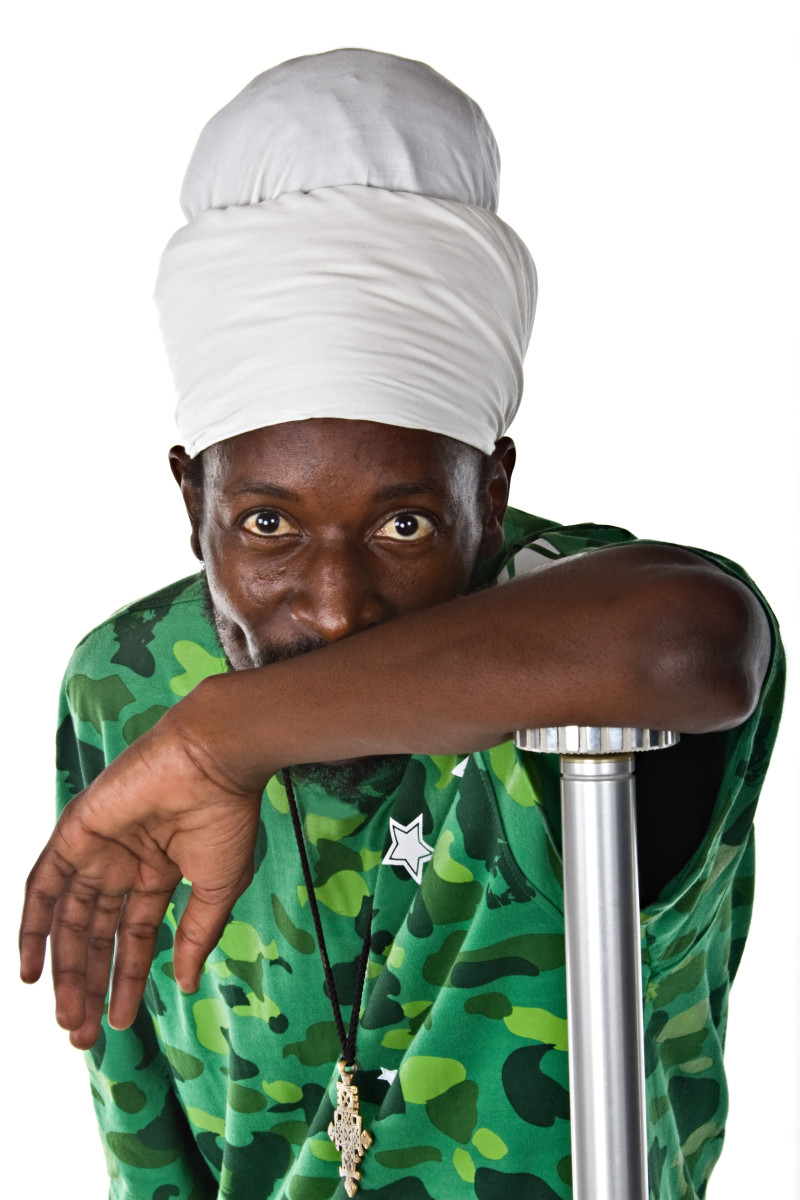Children with Bipolar Disorder
What is pediatric bipolar disorder?
Bipolar disorder, which used to be known as manic depressive disorder is a strongly genetically determined, chronic and often disabling condition. Bipolar disorder is characterized by alternating periods of depression and mania or hypomania. During manic/hypomanic episodes, a person may not sleep for several days and not feel tired, their mood may be elevated and they may feel self confident and superior to others, they often feel as if they are in possession of some special knowledge. Speech is often rapid, tangential and disorganized with rapidly changing content. People often report that their thoughts are going faster than they can speak. During these times people may engage in high risk activities such as drug use, sexual indescretions and spending sprees. Mania may also present as extreme irritability and aggression at times.
Children's episodes are frequently characterized by the more irritable feelings with poor frustration tolerance, tantrums, impulsivity and poor ability to accept consequences.Children with Bipolar Disorder also frequently show a fascination for blood and gore and/or report violent nightmares. They often show impaired social skills and are often misdiagnosed as having Attention Deficit Hyperactivity Disorder and/or Oppositional Defiant Disorder. Bipolar children, however frequently react very negatively to stimulants such as ritalin and may show increased levels of aggression, hostility and self destructive behaviors. These conditions can also, however co-occur and skillful medication management is often required for these children.
- Children and Teens With Bipolar Disorder
Get information about bipolar disorder in children and teens. This is an accessible site for medical information and a good reference. - BPkids
One of the foremost sites in the childhood bipolar world. Focused on providing child friendly and accessible material. - NIMH · Bipolar Disorder in Children and Teens (Easy to Read)
An easy-to-read booklet on Bipolar Disorder in children and teens that explains what it is, when it starts and how to get help. - Child and Adolescent Bipolar Foundation: Vital information on bipolar disorder in children, teens, a
A centralized collection of information and resources on childhood bipolar disorder, includes common symptoms and current research on this disorder. - Empowering Children and Families through Strength-Based Assessment
Another great resource. In depth information about functional behavioral analysis, school based and positive behavior interventions.
More resources
- The Bipolar Child - Demitri Papolos, M.D. and Janice Papolos
About.com wrote that the first edition of The Bipolar Child was "the shot heard around the psychiatric world" as this book began to change the way child psychiatry understood children suffering with these symptoms, and how they should, (and should no - Bipolar Child: Information about Pediatric Bipolar Disorder
Resources for Children with Pediatric Bipolar Disorder and their families. The Bipolar Child one of the best known and respected books in this area. Link to the author's site for a wealth of information and resources as well as up to the minute info. - index
BPChildren is dedicated to erasing stigma and helping children with bipolar disorder. Specifically focused towards helping children & their families understand and manage bipolar disorder. - Bipolar Disorder in Kids | Teen Health | Raising Children | Parenting | Kids
Bipolar Disorder in Kids - Information on childhood bipolar disorder and bipolar disorder treatment including symptoms of bipolar disorder and the effectiveness of buproprion.
How Bipolar disorder is diagnosed in children
Correct diagnosis is essential for treatment and some studies estimate that up to 69% of those with Bipolar Disorder are misdiagnosed! The potential cost is huge, to those suffering from this disorder, their families, schools, workplaces and communities. A single bipolar disorder, when severe can wreak havoc on a young child or adult's life.
A qualified mental health professional - psychiatrist, psychologist, social worker of marriage and family therapist can help make the diagnosis of Bipolar Disorder. Currently there are not many questionnaires assessing bipolar symptomology in children, although there is much research in this area. A diagnosis should never be based on a symptom questionnaire alone. It is important for the professional involved to have a developmental, social, educational and family history as well as information about and previous interventions and their effectiveness.
The lack of clear diagnostic criteria for pediatric bipolar disorder stems from a lack of research in this area, most of our research into pediatric bipolar disorder has been within the last decade, and a lack of diagnostic criteria specific to children. As a result children suffering from a severe disorder which manifests in impulsivity, poor judgement, running, pushing, jumping and generally causing chaos in their life and that of those around them, are labeled as oppositional or anti social and parents are frequently counseled to provide "tough love".
The importance of an accurate diagnosis cannot be overstated, bipolar disorder, for all it's storms can generally be pretty effectively managed with a combination of medication and lifestyle management. Part of the problem is, who wants to know that managing your sleep cycle is important when you're 14, or that this is a biochemical thing when you're 8. Some of the most destructive effects of Bipolar disorder come from the social judgements which are cast.
Recommended reads
- BehaviorAdvisor.com
Dr. Macs Amazing Behavior Management Advice Site. Helpful advice and resources. - National Dissemination Center for Children with Disabilities
Very helpful site with information and resources to guide you through the various systems with a disabled child. - Bipolar Spectrum Screening Quiz: The Goldberg Bipolar Screening Questionnaire
This 12-question self-test may help you become aware of some signs and symptoms of bipolar spectrum disorders.
After the diagnosis
So, now that you have a diagnosis, what are your options? There are several options, but generally medication has to be among the forefront of any treatment program. Many parents struggle with the idea of giving the children medication, particularly psychiatric medications. They worry if their kid's personality will change, if they'll become a zombie, maybe become addicted to their medications, and many struggle with their own feelings of shame and guilt (which society readily reinforces).
There is no single solution for everyone, but particularly around the issue of medications I believe that current research and recommendations should guide. Unfortunately, if you're expecting to find really reliable, fact based information you need to go to the source, or as close to the source as you can understand. What current research shows is that medication is generally essential in managing Bipolar disorder, so let's address the above concerns. Regarding personality change - not going to happen, unless you mean an irritable, moody, oversensitive child becoming more able to deal with frustration, managing their moods better and not being as oversensitive, that can and does happen with correct medication if the child is genuinely depressed, but I really feel in these cases, it's more like getting to see the kid's real personality again, the person they were before the depression started. It's like watching a hedgehog unfold and begin foraging again. I think what people are afraid of is that their child will somehow no longer be themselves, like the things they like and still do those cute little things which makes each kid unique. That doesn't happen.
What you are doing with medication is correcting a deficit, not changing the essence. Few parents would balk at insulin if that's what their child needed to live. Well, it's the same thing, mental illness robs people of their souls. The most common comment from kids who have been correctly diagnosed and medicated is " I feel like a real person" "I finally know what it feels like to feel normal" "I feel like my old self is back" - and this is from children.
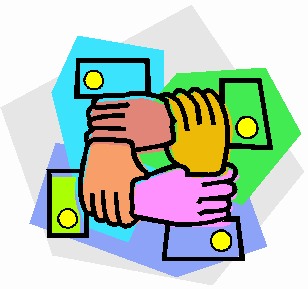
Although there are some psychiatric medications which are addictive, the ones used to treat Bipolar disorder are not. Believe me, no one is getting high off these meds, we're trying to even them out, right? And the people they show on T.V shuffling around in mental wards - the Thorazine shuffle as it's known, that's really T.V stuff. Now most of the medications used have sedation as a side effect, which, when you're dealing with a kid who hasn't slept in 3 days and is seeing things, is really not a bad option.
The older antipsychotics, are used much less often now as the new atypical antipsychotics are much more effective on the whole and have less side effects. Some kids with Bipolar disorder do become psychotic or lose touch with reality and if it's at that stage, you really need to be heading for the closest hospital or calling 911. It truly has no reflection on your parenting skills, no one can manage an out of control, severe Bipolar incident, at that stage, it truly takes a team.
The name antipsychotic bothers many people, especially if their child has not had active psychotic symptoms like delusions and/or hallucinations, but the latest research shows that these are in fact often the best agents to treat a bipolar episode, particularly in young children who often cycle more rapidly (from hour to hour at times) than adults.
Traditionally Lithium and/or the anti convulsants were first line treatments and they are still very effective agents and some people will only respond to a certain one, but the antipsychotics are more frequently being prescribed either as a first line treatment or as an adjunct to an anticonvulsant or Lithium.
Although Lithium has been considered
the gold standard in treatment it has some significant drawbacks. There
is a very narrow margin between therapeutic and toxic doses and so
Lithium levels need to be carefully monitored with blood draws on a
regular basis. You also need to be extremely vigilant about
drinking enough water to avoid becoming toxic, which is often hard to
manage in kids who are forgetful, running around etc.
So, medication needs to be carefully monitored, which brings me to my next point - go directly to the source, or was that the first one? The more knowledgeable, up to date, specialized psychiatrist you can possibly find (I know, ha, ha, right), but truly you have the right to interview any provider, they work for you and if it's not a good connection, move on, don't wait to see if it'll get better-it's like staying in a bad relationship. This person is going to be a central figure in your child's life for many, many years so pick carefully. Don't be pushed back to your G.P, Bipolar disorder is a chronic and serious mental illness and timely and effective treatment is essential, you need someone who specializes in this stuff - and not all child psychiatrist's do. I know this all is 100 000 times more difficult in the real/HMO world, but doing your homework and putting in effort up front really pays off.
- Enelle Lamb on HubPages
This is a great hub which talks about the experience of being a mother of a child with emotional difficulties. Highly recommended.
Symptom variability
Bipolar disorder, like many other covers a range of symptoms which can vary from mild to severe. Less severe forms of Bipolar disorder are called Type II. In this disorder, the person shows symptoms of mania, but these do not meet the level that they seriously impede functioning or require hospitalization. It is no less important to accurately diagnose and treat Type II, which generally has a slightly better prognosis and can typically be well managed. Children often cycle more rapidly than adults and periods of hypomania and lower grade depression may be referred to as Cyclothymia.
Children may show less obvious signs of Bipolar disorder as they are too young to smoke, drink & drive fast, but they may show a fearlessness beyond their peers and a disregard for personal safety. Children also tend to be more irritable and aggressive and this is often misdiagnosed or blamed on poor parenting practices. Another risk is that, if Bipolar is not diagnosed and the child, or adult for that matter, is treated with antidepressants alone, there is a chance that this medication could cause further mania, another reason you really want and deserve some one who knows their stuff! If your child shows signs of significant mood swings, depression or excessive irritability for more than 2 weeks, you may want to consult your pediatrician - and any time a child talks about not wanting to live or to go to sleep and never wake up, do not pass go, you need immediate professional intervention.
Don't be fobbed off with the "worried well" and "I'm sure it's just a stage" thing. In the words of a favorite T.V series "you da momma!" (or dadda as the case may be), so if you are genuinely concerned and have tried a couple of different things without results (and remember consistency is key), then go to your doctor, if you're not satisfied with their answer ask more questions, "How do you know that it's not Bipolar?", "What are the differential diagnoses?" "How much experience do you have with this disorder?" are all perfectly acceptable questions that any mental health provider should be able to answer for you.
You know your child better than anyone else in the world and early identification and treatment minimizes so many problems, not to mention tears, drama, guilt and blame.
Was this information helpful?
Carrying on
The good thing about meds and one of the most exciting discoveries to date, IMHO, is that our brains are able to adapt and compensate for much longer than we thought possible. It is actually possible to grow new brain cells! How cool is that?! and even better, both anti depressants and the medications used to treat Bipolar disorder promote this new cell growth and are able to make structural changes in those areas which were previously non functioning.
Another interesting thing is that these neurochemical and structural changes can be induced and facilitated in several way, and by us mere mortals too. There is a rapidly growing body of evidence that psychotherapy is able to produce those same changes - and with lasting effect.
Again I run across the reality/HMO principle, but what the research is showing, is that in 6 months to a year of psychotherapy, areas of the brain associated with particular abilities, say impulsivity which is largely controlled by the forebrain which previously showed little activity, showed new activity in these areas when subjects were asked to do a task measuring impulsivity, so we can demonstrate both behavioral and biologically based brain changes through therapeutic intervention.
The evidence based recommendations for treatment of bipolar disorder include both medication and psychotherapy as being the most effective, as measured by symptom reduction and long lasting changes, as measured by number of episodes following treatment. Other mediums such as art therapy, equine therapy, social skills groups, mentors, parenting skills development, family therapy and applied behavioral analysis which leads to a structured behavior management system have all shown much promise, but are not as well documented as some of the more traditional therapies. They can and do, however provide much benefit when augmenting medication and psychotherapy.
The single most important factor linked to resilience in children, however is the presence of one or more adults in their life who are a constant, consistent, non judgmental, supportive and available to a child. More than money, parental job level, education, parental education, more than anything else, it's the presence of a constant, consistent, loving and accepting adult and that, it seems can perform miracles.
This content is for informational purposes only and does not substitute for formal and individualized diagnosis, prognosis, treatment, prescription, and/or dietary advice from a licensed medical professional. Do not stop or alter your current course of treatment. If pregnant or nursing, consult with a qualified provider on an individual basis. Seek immediate help if you are experiencing a medical emergency.
© 2009 dr c



